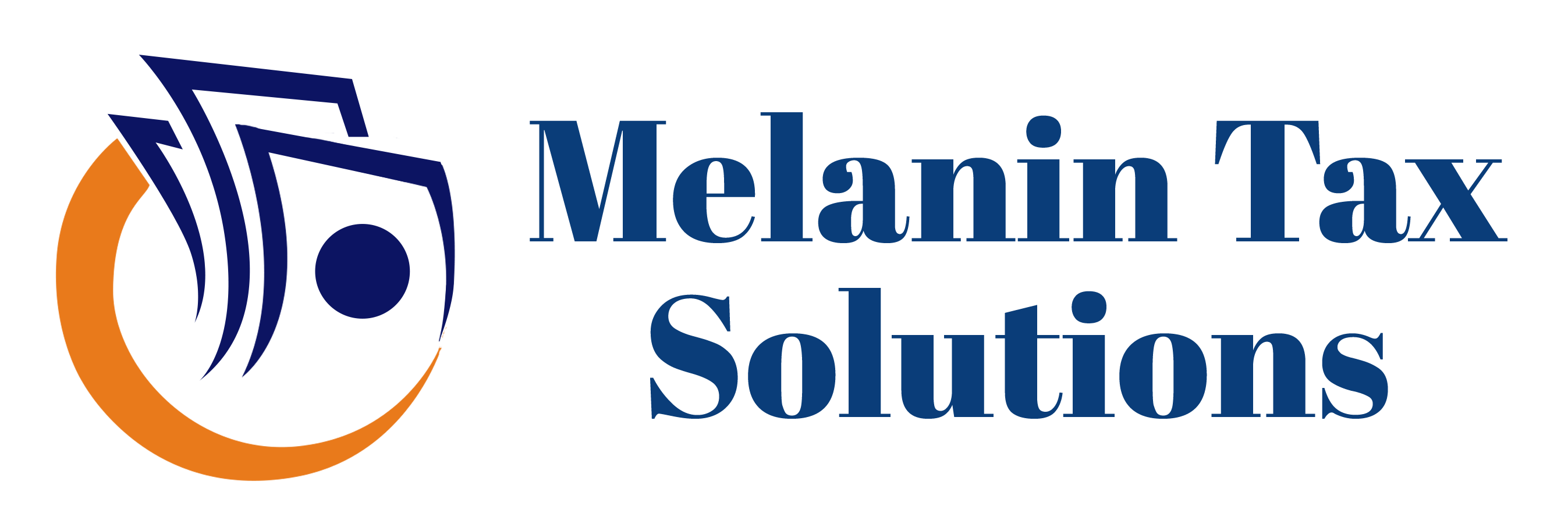Retirement Accounts and Tax Treatment
While it’s crucial to understand the various types of retirement accounts, it’s equally important to grasp their diverse tax treatments, as this knowledge can significantly influence your financial planning strategies. Traditional 401(k)s and IRAs, for instance, allow for tax deductions on contributions. However, withdrawals made during retirement are taxed as regular income. In contrast, Roth 401(k)s and Roth IRAs apply taxes upfront on contributions, but withdrawals during retirement are tax-free. Both types of accounts have their unique advantages that hinge upon factors such as your current tax bracket, projected income in retirement, and individual retirement goals. It’s also essential to be aware of the contribution limits and income limits that apply to these accounts, as exceeding these can result in tax penalties. For example, the contribution limit for a 401(k) in 2022 is $20,500, and if you’re 50 or older, you can make additional catch-up contributions of $6,500. On the other hand, the income limit for making tax-deductible contributions to a traditional IRA in 2022 is $78,000 for single filers and $129,000 for married filing jointly. Understanding these details is vital for optimal retirement planning.
Understanding Required Minimum Distributions
An integral part of retirement account tax preparation involves understanding the concept of Required Minimum Distributions (RMDs) and the tax implications they carry. RMDs are the minimum amounts that a retirement plan account owner must withdraw annually, starting with the year that he or she reaches 72. Calculating RMDs is critical to avoiding IRS penalties. It involves:
- Determining the distribution period using the IRS Uniform Lifetime Table
- Using your account balance as of the end of the immediately preceding calendar year
- Dividing the account balance by the life expectancy factor
The impact of RMDs on retirement income can be substantial, as these distributions are considered taxable income. They can potentially push retirees into a higher tax bracket. Strategies to minimize the RMD tax burden include:
- Making Qualified Charitable Distributions (QCDs) from your IRA
- Converting traditional IRA funds to a Roth IRA
- Using the funds to buy a Qualified Longevity Annuity Contract (QLAC)
Understanding RMDs and implementing tax-saving strategies can help maintain your desired lifestyle in retirement.
Advantages of Professional Tax Assistance
Numerous benefits come with seeking professional tax assistance, particularly when dealing with the complexities of retirement account tax preparation. A skilled professional can provide critical help in maximizing deductions and making tax efficient withdrawals from your retirement account, both crucial strategies for minimizing tax liability. Professional tax advisors have an in-depth understanding of tax laws, regulations, and guidelines, which they leverage to identify potential tax deductions and credits. By doing so, they can significantly reduce your taxable income, thereby minimizing your tax liability. Moreover, they can provide valuable advice on making tax efficient withdrawals from your retirement accounts. The timing, amount, and source of these withdrawals can significantly impact your tax liability. Professionals can help strategize these withdrawals to ensure they are made in the most tax advantageous manner. Lastly, a tax professional can help with tax planning, which involves devising strategies to minimize your tax liability in the future. This can include tactics such as income shifting, selection of tax-advantaged investments, and more.
Securing Your Financial Future
Building on the advantages of professional tax assistance, securing your financial future involves strategic planning and efficient management of your retirement accounts, which can have significant implications for your tax liability. Maximizing savings, employing tax-efficient strategies, and retirement income planning are all part of this process. Here are some strategies to consider:
- Tax Diversification: Balance your investments across tax-deferred, tax-free, and taxable accounts to provide flexibility in retirement income planning.
- Consider Roth Conversions: Converting a traditional IRA to a Roth IRA can provide tax-free income in retirement, but it requires paying taxes on the conversion amount.
- Delay Social Security: Delaying Social Security benefits until the full retirement age or later can increase your monthly benefit amount, providing a higher base for future cost-of-living adjustments.
- Asset Location: Align the type of investments with the type of account (taxable, tax-deferred, tax-free) to increase after-tax returns.
Securing your financial future isn’t solely about saving; it’s about making smart, tax-efficient decisions to ensure your retirement income lasts. Professional tax assistance can provide the guidance needed to navigate these complexities and secure your financial future.
Secure Your Retirement with Expert Tax Guidance: Partner with Melanin Tax Solutions
The journey towards a secure and prosperous retirement is marked by the wise management of your retirement accounts and tax planning. As we’ve explored, understanding the nuances of tax treatments, the implications of Required Minimum Distributions, and the significance of professional guidance can make a tangible difference in your financial trajectory. At Melanin Tax Solutions, we’re not just a tax preparation company in New York; we’re focused on empowering your future. Our New York-based experts are attuned to the unique tax considerations of retirement accounts and are dedicated to ensuring that your hard-earned savings work for you, not against you. With a focus on personalized service, we’re equipped to guide you through the maze of tax laws and help you emerge with a clear strategy tailored to your retirement goals. Why leave your retirement to chance? Engage with Melanin Tax Solutions and turn our proficiency into your peace of mind. Reach out today and take the first step towards a retirement filled with confidence and financial security. Your future self will thank you.

